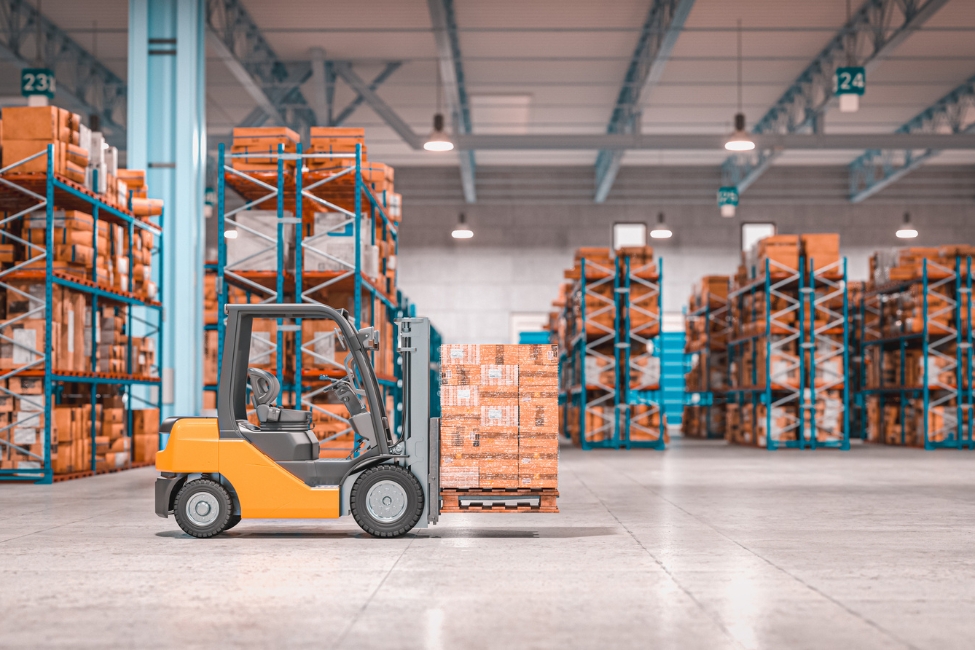Logistics Leaders See Tight Capacity, High Prices Through Mid-2026

The Logistics Managers’ Index rose for the second consecutive month due to rising costs as the economy remains uncertain, according to researchers at Florida Atlantic University and four other schools.
The Logistics Managers’ Index rose for the second consecutive month due to rising costs as the economy remains uncertain, according to researchers at Florida Atlantic University and four other schools.
May’s index read in at 59.4, up slightly from April’s reading of 58.8. The reading is up 3.8 from the year prior. A score above 50 indicates that the logistics industry is expanding, while a score below 50 indicates that the industry is shrinking.
Costs, particularly inventory costs, led to this month’s expansion. Inventory costs rose to 78.4, the highest level since October 2022, while inventory levels were only 51.5. The gap between the two suggests that many inventories are sitting stagnant.
“The persistent uncertainty with respect to tariffs seems to be causing upward pressure on inventory costs, likely because of stockpiling effects,” said Steven Carnovale, Ph.D., associate professor of supply chain management in the College of Business. “The previous pause on tariffs opened up an opportunity to stockpile, which is also likely reflected in the rise in warehousing utilization and costs, as well as the rise in upstream warehouse utilization.”
The LMI, a survey of director-level and above supply chain executives, measures the expansion or contraction of the logistics industry using eight unique components: inventory levels, inventory costs, warehousing capacity, warehousing utilization, warehousing prices, transportation capacity, transportation utilization and transportation prices. Along with FAU, researchers at Arizona State University, Colorado State University, Rutgers University and the University of Nevada at Reno calculated the LMI using a diffusion index.
Warehousing readings also point to further uncertainty among firms on the direction of the U.S. economy and tariff policy. Warehousing capacity was flat at 50, while warehousing costs and warehousing utilization read at 72.1 and 62.5, respectively. The readings suggest that inventories are sitting longer amid slower consumer demand and firms have been holding goods in anticipation of future tariff changes.
“At a certain point, the see-saw effect of increased/decreased tariffs is likely going to lead to firms stockpiling when tariffs come down, and likely be forced to sit on excess inventory,” Carnovale said. “In this case, the decision will be: are the holding costs of excess inventory less than the (potential) future tariffs? And to what degree will these increased prices pass through to consumers?”
Overall, respondents expect inventory levels to increase in the year ahead, with capacity growing tighter and costs expanding, highlighting the overall sentiment that trade issues and uncertainty will be wrapped up by the end of the year.
-FAU-
Latest Research
- FAU/Baptist Health AI Spine Model Could Transform Back Pain TreatmentLower back pain is a leading cause of disability. To address this, researchers created a groundbreaking AI system that automates personalized lumbar spine modeling for more accurate diagnosis and treatment.
- Researchers Show How Healthy Habits Can Improve Cognitive DeclineFAU Schmidt College of Medicine researchers say cognitive decline is not inevitable with age and that up to 45% of dementia risk is linked to modifiable factors like poor diet, inactivity and isolation.
- Research Characterizes Remarkable Skills of Octopus Arms in the WildThink your multitasking is impressive? A new study reveals that wild octopuses use their arms with incredible complexity. Each of the eight limbs can perform any type of movement, but clear patterns emerged.
- Study: AI Agents Shift How Hotels Build Guest LoyaltyThe rise of artificial intelligence agents will introduce a new layer of complexity in how the hospitality industry navigates customer loyalty, according to four researchers at Florida Atlantic University.
- Unrealized Losses in U.S. Banks Hold Steady in Q2Unrealized losses in U.S. banks' investment securities portfolios remained mostly unchanged in Q2, according to a screener from a banking and finance expert at Florida Atlantic University.
- High Intake of Ultra-processed Foods Linked to Systemic InflammationNew research reveals that people who eat the most ultra-processed foods show significantly elevated levels of hs-CRP - a key marker of inflammation and a strong predictor of cardiovascular disease.






